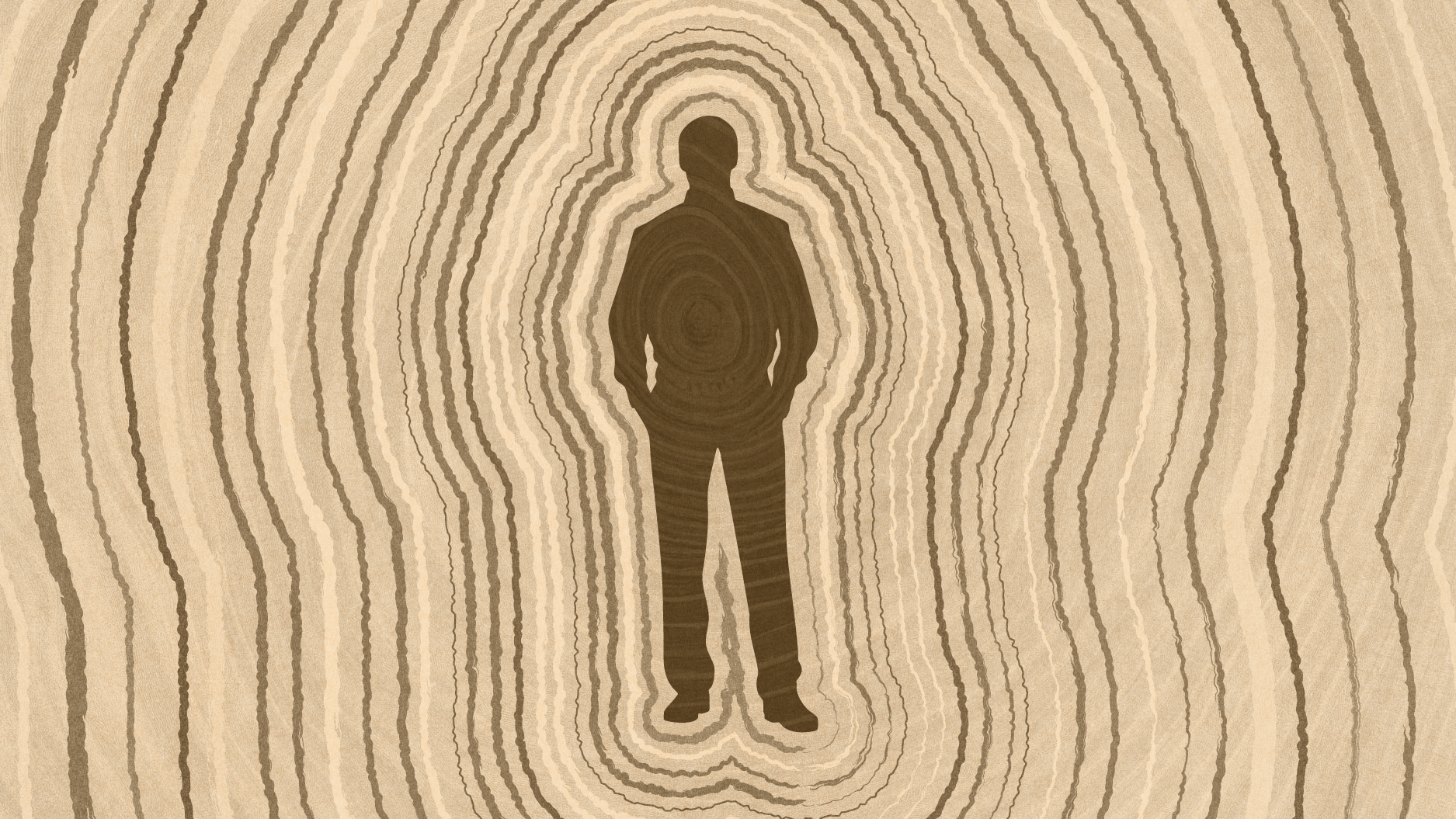Forty years of environmental advocacy.
Question: How did you get involved in the environmental movement?
Gus Speth: Well, a group of us got together at the Yale Law School in the late 1960s and decided to create a group modeled on the NAACP Legal Defense Fund, but for the environment, as sort of an environmental defense organization. And through a lot of twists and turns, that became the Natural Resources Defense Council, which is going great guns today in our country and doing wonderful work. And after that, I went into the Carter White House and became Jimmy Carter's White House Environmental Advisor for four years. Should have been eight, but it turned out to be four. And during that time, I had the opportunity to supervise the development of what we call the Global 2000 Report. So here was a report written in 1980 that looked forward to the year 2000 and asked the question, what happens if we just keep doing what we're doing today, this scenario, this base case of future? What would the world look like in the year 2000? And it came to some very scary conclusions in 1980. So after the Carter Administration, I decided that I would try to start another group to deal with these global scale issues that we looked at in the Global 2000 Report. And that eventually became the World Resources Institute and I spent over a decade there. And then I was in charge of the transition for an Environment and Energy and Natural Resources for Clinton Administration when it was coming in. That was short and brutal, but a lot of fun in a way. And after that I went to the United Nations and was the head of the U.N. Development Program, which is the largest U.N. arm for development assistance abroad. Basically, we had a major anti-poverty program focused around the world. And after that, I got an invitation to come be the Dean at the Yale School of Forestry and Environmental Studies where I've now been for nine years. So it's been a varied career, I guess. Almost 40 years of working on environmental issues.
Recorded: 3/23/08





